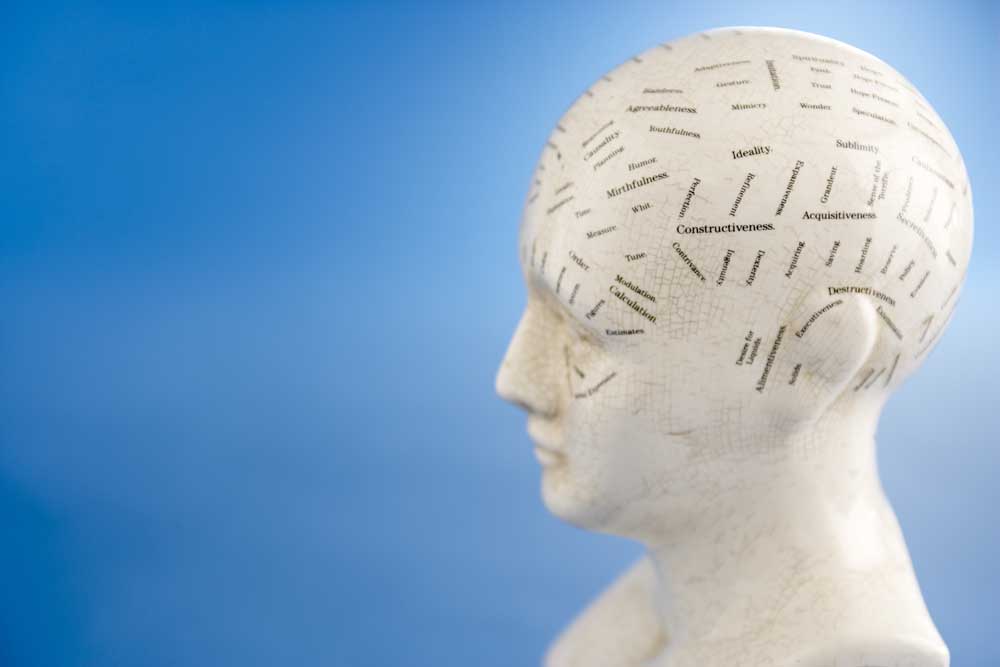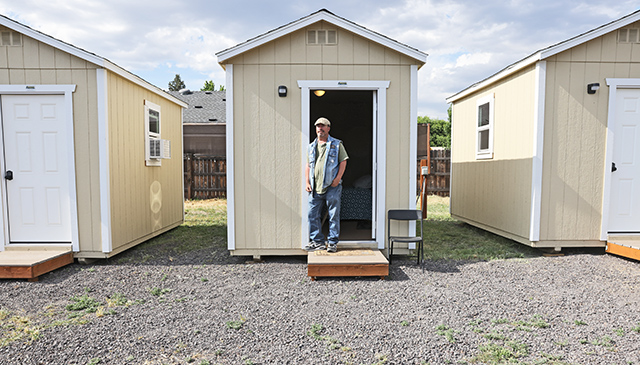Central Oregon group aims to change trauma awareness
Published 11:41 am Monday, May 1, 2017

- About a year ago, a group was founded to meet a big, long-term goal: build awareness of trauma and promote community health, both mental and physical, in Central Oregon. The group, called TRACES, includes dozens of organizations from throughout the tri-county area, including school districts, nonprofits and health departments. (Thinkstock)
About a year ago a group was founded to meet a big, long-term goal: build awareness of trauma and promote community health, both mental and physical, in Central Oregon.
“Everybody experiences stress and trauma in their lives at some point,” said Ken Wilhelm, executive director of United Way of Deschutes County, who has led the group from the beginning.
The regional group is called TRACES — which stands for Trauma Resilience and Adverse Childhood Experiences — and includes dozens of organizations from throughout the tri-county area, including school districts, nonprofits, health departments and more.
Adverse childhood experiences cover a wide variety of traumatic events, including physical, verbal or sexual abuse; mental illness; the loss of a parent from divorce, death or abandonment; and physical or emotional neglect.
With such a big goal for TRACES, there’s a greater long-term impact if a variety of groups work together, Wilhelm said, particularly if the groups can get to the front end of community issues, which is preventive work.
The idea is to build trauma resiliency in a community — to give people the tools to acknowledge their trauma, ways of communicating that don’t trigger a negative response in people who have experienced trauma and to provide an environment in which people feel safe, listened to and encouraged.
“The knee-jerk reaction is to prevent trauma from happening in the first place,” Wilhelm said. “But you can’t stop it all.”
Research shows the more adverse childhood experiences a person has had, the more likely that person is to have diseases, underperform in academics and miss work. Research also shows adverse childhood experiences actually change the way a person’s brain works because of the physiological and biological effects trauma has, said Sean Reinhart, Bend-La Pine Schools’ executive director of special programs.
“It’s hard to go and rewire someone’s brain, but we can create environments that support people,” said Reinhart, who’s also a member of TRACES.
The goal is to avoid re-traumatizing people in Central Oregon by changing the way the conversation is framed around trauma.
Changing the approach in schools is a starting point, but it’s not something that schools alone can work on, Reinhart said, which is why he wanted to get involved with TRACES.
In school communities, adjustments could happen — from the front office to the classroom — in the way staff, students and families interact with one another.
“Instead of asking, ‘What’s wrong with that kid?’ You ask, ‘What’s happening with that kid?’” Wilhelm said.
This specific approach to building resiliency to trauma in a community is the Sanctuary Model, something that Elizabeth Fitzgerald, a school-based clinical supervisor with Deschutes County, is more than familiar with.
Fitzgerald, who also leads trauma-informed care training for the county, has researched and advocated for trauma-informed care for several years. With schools, Fitzgerald trains faculty and staff to teach students how to deal with natural ups and downs in life.
Fitzgerald, another member of the new TRACES work group, advocated the tri-county area use the Sanctuary Model in changing the community culture and conversation around trauma.
The evidence-supported model is a blueprint for world peace, Fitzgerald said, and it can be implemented in a family, the workplace or at school.
“The sanctuary model is a model that creates safety, teaches nonviolence and empowers both the provider and community member with skills to be their healthiest selves,” Fitzgerald said.
After a year’s worth of discussions around how organizations can begin rolling out this change to Central Oregon’s culture, Wilhelm, Fitzgerald, Reinhart and others with TRACES feel there’s enough of a framework in place to begin taking community feedback.
Next month, a kickoff event in Redmond will welcome the public to do just that.
— Reporter: 541-383-0325, kfisicaro@bendbulletin.com
If you go
What: Building Resiliency in Central Oregon kick-off event
When: 5-7:30, May 23
Where: The View Tap & Grill at Juniper Golf Course, 938 SW Elkhorn Avenue, Redmond






